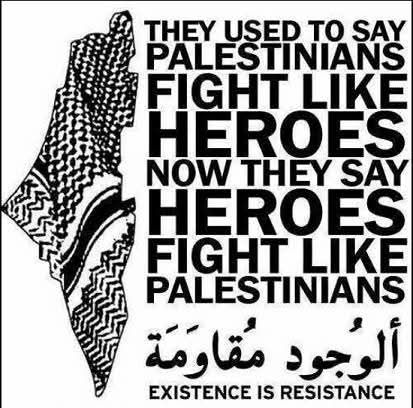
History progresses through moments when the moral imagination of humanity clashes with the machinery of empire. The saga of Gaza’s flotillas—civilian vessels that challenge the Israeli blockade in acts of international solidarity—has reached such a critical juncture once more. As the Sumud Flotilla set sail, carrying food, medicine, and the principle of human dignity, Israel responded not with dialogue but with force. Boats were seized, activists arrested, and international waters were once again transformed into a theatre of impunity. Yet, as in all imperial aggressions and narratives, repression reveals weakness rather than strength. For every ship intercepted, the idea it embodies—of global solidarity with the besieged—travels further than any navy can reach.
Since 2007, Israel has imposed a suffocating blockade on Gaza, severely restricting the availability of food, medicine, and fuel for well over two million residents. The blockade was intensified after Hamas’ electoral victory, effectively turning the Gaza Strip into one of the most densely populated open-air prisons in the world. According to UN OCHA, over 80 per cent of Gaza’s population depends on humanitarian aid, and restrictions on imports have crippled hospitals, schools, and sanitation systems. International law condemns the blockade as collective punishment—prohibited under the Fourth Geneva Convention—yet the siege endures with Western complicity.
A History of Blockades and the Flotilla Movement
The sea has long been a corridor of conscience for Gaza. In August 2008, two small boats from the Free Gaza Movement—the Liberty and the Free Gaza—were the first to reach the enclave since 1967, breaking the naval siege with international activists and journalists on board. Their success inspired a wave of solidarity missions that followed. The most tragic of these was the Mavi Marmara in 2010, when Israeli commandos stormed the vessel in international waters, killing ten activists and injuring dozens. The attack provoked worldwide outrage and made “flotilla” a synonym for resistance to apartheid.
Since then, over thirty such missions have tried to reach Gaza, including the Women’s Boat to Gaza in 2016 and the Freedom Flotilla Coalition’s multiple voyages. These voyages, whether successful or intercepted, remind us that the world does not accept the siege.
The Sumud Flotilla, whose name means ‘steadfastness’ in Arabic, strongly continues this legacy. Composed of several small vessels sailing under Scandinavian, Irish, and South African flags, it carried an international crew of activists, students, doctors, journalists, and retired seafarers. Their cargo was largely symbolic—medical kits, food parcels, books, and letters of solidarity—but the voyage was about something larger: the refusal to normalise occupation.
Sumud’s launch from a European port reignited interest in maritime resistance. Organisers from the Freedom Flotilla Coalition have already announced follow-up missions for 2025, pledging to continue “until Gaza is free.” For participants, the flotilla represents not a one-off gesture but the rebirth of an internationalist conscience—echoing the spirit that once sent brigades to Spain and volunteers to anti-apartheid movements.
Israel’s Machinery of Repression
The Israeli state’s interception of the flotilla reflects a consistent pattern: military aggression disguised as legal enforcement, sustained by Western political and economic patronage. The seizure of civilian boats in international waters, the arrest and humiliation of unarmed activists, and the systematic harassment of solidarity efforts reveal the arrogance of power and its dependency.
Israel’s impunity rests on its alliances. The United States, its chief patron, supplies roughly 15 per cent of Israel’s military budget through aid and arms transfers. European states, too, continue to export dual-use technology despite formal bans. Between 2014 and 2022, the Indian government imported over $1.5 billion in Israeli drones, missiles, and surveillance systems. The economic circuits of occupation stretch far beyond Tel Aviv.
History is replete with experiences that tell us that even the most powerful empire cannot permanently silence the voices of conscience. The criminalisation of solidarity recalls colonial precedents—the imprisonment of anti-slavery campaigners, the persecution of international volunteers in Spain, and the suppression of anti-apartheid networks. History shows that repression, when directed against humanity’s moral sense, tends to universalise dissent rather than extinguish it.
Global Outrage and the Return of Mass Solidarity
The world’s response to the Sumud attack was immediate. Governments across Latin America, Africa, and parts of Europe condemned Israel’s aggression and called for an end to the blockade. South Africa’s foreign ministry invoked parallels to its struggle against apartheid, while Chile, Colombia, and Bolivia issued joint statements of protest.
Yet the deeper resonance came from below—from movements, not ministries. Trade unions, student groups, and faith groups organised vigils, boycotts, and marches across continents. It was heartening to see working-class actions in support of Gaza, as in Italy and Spain, dockworkers refused to handle Israeli cargo ships. In London, thousands gathered outside Downing Street demanding sanctions. Across the Latin American continent, protest mobilisations combined demands for a Gaza ceasefire with critiques of neoliberal austerity at home, linking imperial violence abroad with exploitation at home.
These mobilisations reveal a new phase in global politics: one where public morality increasingly diverges from state policy. The solidarity networks forming in response to Gaza’s siege echo the moral energy that once animated anti-war and anti-apartheid movements. They also signal that internationalism—long dismissed as outdated—is returning as a living practice, especially among youth and workers’ movements.
Palestinian Voices and the Meaning of Resistance
Inside Gaza, activists and civil-society groups welcomed the flotilla as both a material and moral lifeline. Statements from organisations such as the Al-Mezan Centre for Human Rights and the Palestinian Centre for Humanitarian Dialogue expressed gratitude for the initiative, framing it as an extension of Palestinian steadfastness (sumud). “These boats remind us that the sea still carries hope,” one statement declared, “and that freedom cannot be quarantined.”
The flotilla’s symbolism lies in transforming Gaza’s isolation into a shared global responsibility. Every intercepted boat amplifies the Palestinians’ right to live, return, and resist dehumanisation. The Sumud Flotilla’s defiance, like the continued protests in Rafah and Khan Younis, expresses the same unbroken logic of resistance: that to exist in dignity under occupation is itself a form of revolt.
The Global Divide – States and Peoples
The flotilla crisis has also starkly pointed out the widening gap between governments and their citizens. The western ruling classes—entwined with arms lobbies and ideological alliances—remain steadfast in their support for Israel. Yet across universities, unions, and churches, public opinion is shifting. Polls in the United Kingdom and the United States now show majorities favouring a ceasefire and questioning their unconditional support for Israel.
Meanwhile, the Global South is asserting a moral and political independence unseen since the 1970s. South Africa’s case against Israel at the International Court of Justice, and the widespread endorsements it received from states in Africa, Latin America, and Asia, show how anti-colonial memory endures. Millions across these regions perceive the Palestinian cause not as a foreign issue but as one that mirrors their own histories of dispossession. Today, it carries the same moral weight that was once held by anti-apartheid and anti-imperialist struggles.
India’s Drift from Solidarity to Complicity
Unfortunately, in this global resurgence of solidarity, India stands as a tragic exception. Burying its own history of leading the anti-colonial and Non-Aligned solidarity, the Indian state has moved decisively toward alignment with Israel. The shift began in the 1990s but has accelerated under the Modi regime, transforming from a diplomatic relationship into an ideological partnership.
Zionism and Hindutva share a vocabulary of ethnoreligious supremacy, militarised nationalism, and Islamophobia. India is now the largest purchaser of Israeli arms after the United States, accounting for roughly 45 percent of Israel’s defence exports. Joint ventures in drone manufacturing, cybersecurity, and border surveillance have expanded rapidly. The technologies of occupation in Palestine find replicas along India’s own militarised borders and in Kashmir’s surveillance systems.
Equally striking is the moral silence. The ruling BJP and the main opposition parties have both failed to condemn Israel’s actions in Gaza. Fearing the label of “anti-national”, even once-vocal liberal and secular commentators have retreated into silence. The Indian media, awash in pro-Israel commentary, mirrors the authoritarian alignment between Zionism and Hindutva.
This silence contrasts sharply with India’s past. The Nehru-era government opposed Israel’s UN membership, and India’s early foreign policy consistently linked anti-colonial freedom at home with Palestinian self-determination. That heritage, though faint, survives today only in the statements of the Left and scattered street protests.
The Left Resists—and Must Renew Itself
Still, resistance persists. Across Indian campuses and cities, small but determined groups—student unions, left parties and organisations, workers’ unions, and feminist collectives—have organised rallies, teach-ins, and fundraisers for Gaza. Their numbers are still modest, but their significance is immense.These gatherings, however small in stature, represent the spirit of an older and nobler tradition—the spirit of internationalism and anti-imperialism. Each gathering reasserts the principle that internationalism is not an abstraction but a practice rooted in solidarity. Against the all-encompassing darkness of uniformity, they keep alive the essential link that joins Bhagat Singh and Ho Chi Minh, Kolkata and Gaza, miners’ strikes and freedom flotillas.
Globally, the left faces its crisis. Decades of neoliberal restructuring, the fragmentation of labour, and the rise of identity-based politics have weakened organised class power. Yet Gaza’s tragedy has catalysed something new: the re-emergence of a moral, class-based internationalism. Dockworkers refusing arms shipments, health workers denouncing hospital bombings, and artists boycotting cultural exchanges show how solidarity can once again take material form.
For the Indian Left, this moment demands reconnecting the struggles at home with global ones. The farmers resisting corporate land grabs in Chhattisgarh, the Adivasis opposing mining in Odisha, the workers organising in industrial corridors, and the minorities confronting majoritarian violence—all inhabit the same dialectic of power and resistance as the people of Gaza. To stand with Palestine is not to show charity; it is to recognise the shared logic of dispossession that defines our age.
Internationalism, far from being a nostalgic slogan, emerges again as the only realistic politics in a world organised around capital and coercion.
A Renewed Internationalism
What Gaza exposes is not only the brutality of occupation but also the exhaustion of the global order that sustains it. Imperialism today operates less through colonies and more through walls, blockades, sanctions, and debt. Against the mounting attack of this apparatus of fragmentation, only internationalism can provide a coherent alternative.
The flotilla, in this sense, is a metaphor for the politics the left must rediscover; we ought to take collective risk for collective emancipation. It demonstrates that solidarity is a weapon more enduring than drones and checkpoints. By uniting the struggles of workers, students, peasants, and the displaced across borders, the left can again articulate a global project of liberation.
A Call to Action
The Gaza blockade will end one day—just as all blockades eventually do. The question history will ask is: who stood firm when the seas ran rough? The call is now for greater mobilisation, deeper solidarity, and renewed working-class internationalism.
Let India’s conscience, once a beacon of anti-colonial solidarity, awaken again. Let unions, students, and citizens demand an end to complicity with apartheid. Lift the embargo. Stop the killing. Stand with Gaza—not as an act of charity, but as an act of justice.
To stand with Gaza is to stand for the right of all peoples to breathe free, to resist empire, and to reclaim the world from the logic of siege. The moral geography of humanity today begins, once more, on the shores of Gaza.
Read more : Israel’s Genocidal Campaign: The Struggle Continues by Achin Vanaik
Assistant Professor at West Bengal National University of Juridical Sciences
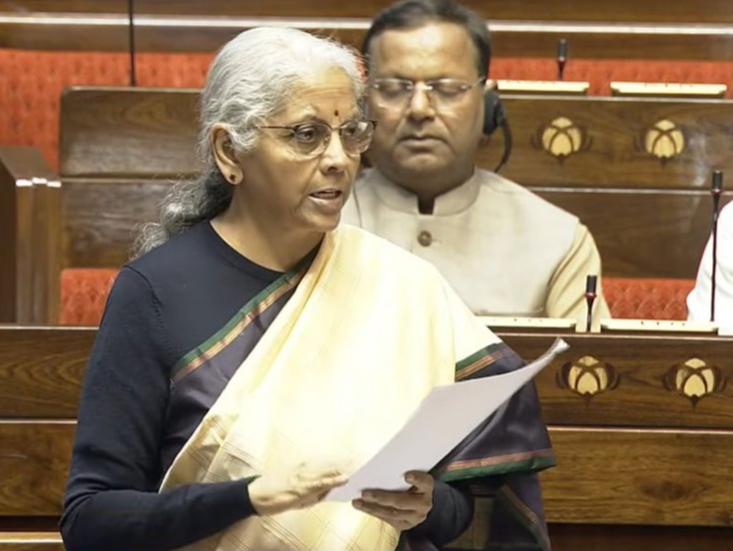
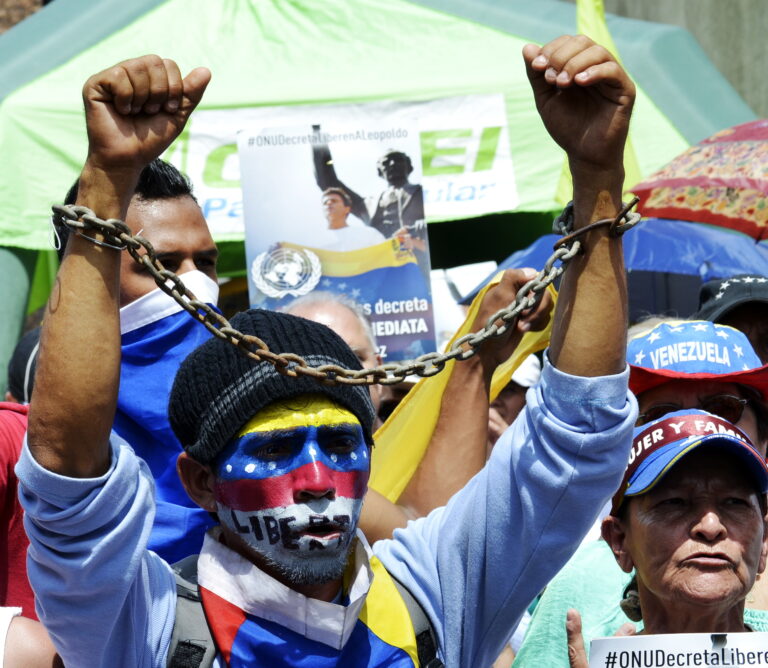
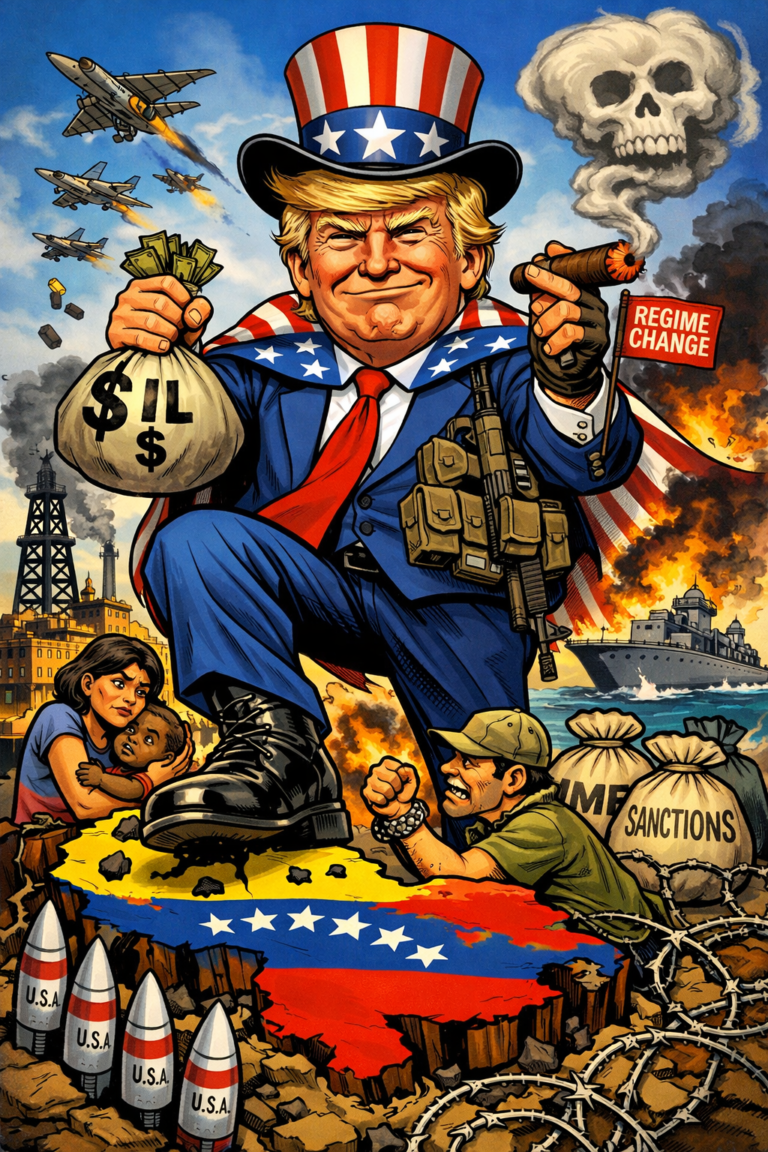
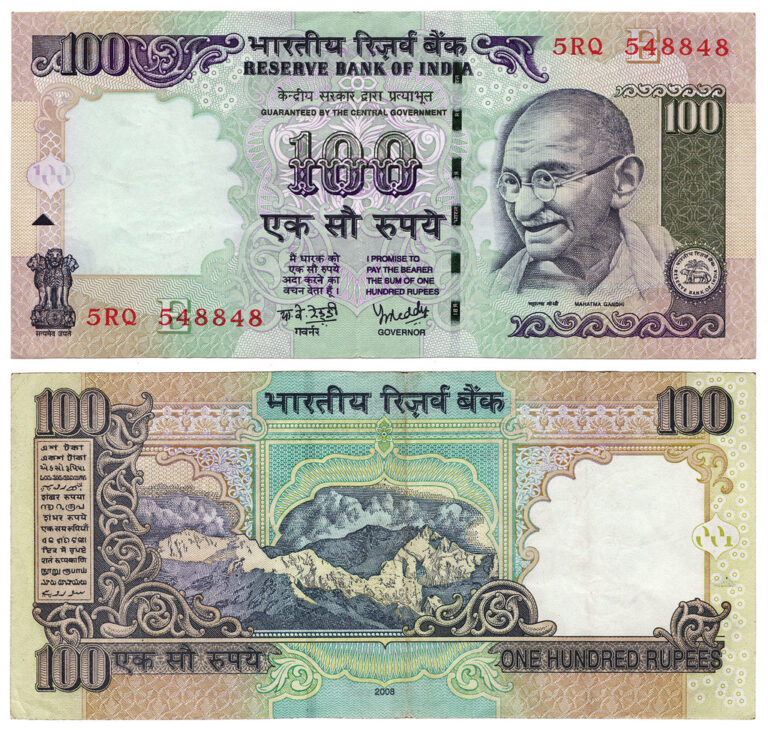
its fantastic as your other posts : D, thanks for posting.
I’m still learning from you, as I’m improving myself. I absolutely love reading everything that is written on your site.Keep the aarticles coming. I liked it!
I love what you guys are usually up too. This type of clever work and coverage! Keep up the awesome works guys I’ve incorporated you guys to my own blogroll.
Heya i’m for the primary time here. I came across this board and I to find It really helpful & it helped me out a lot. I am hoping to provide one thing again and help others like you helped me.